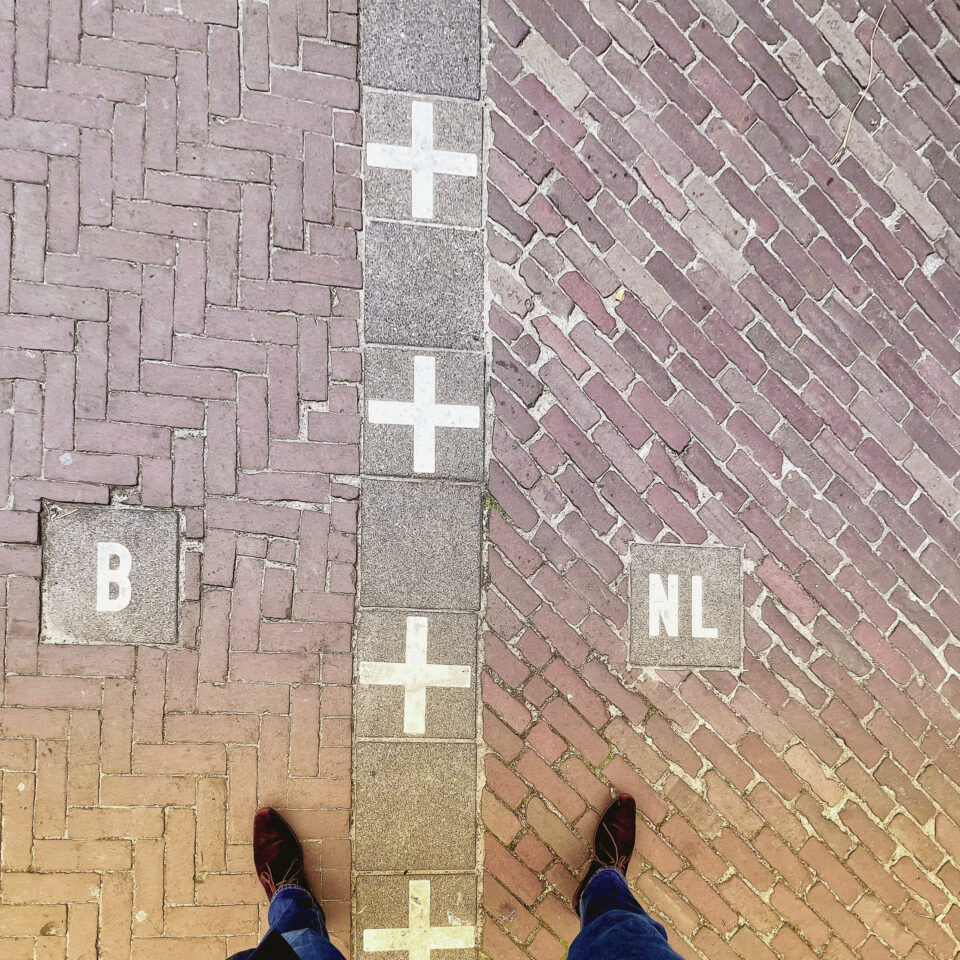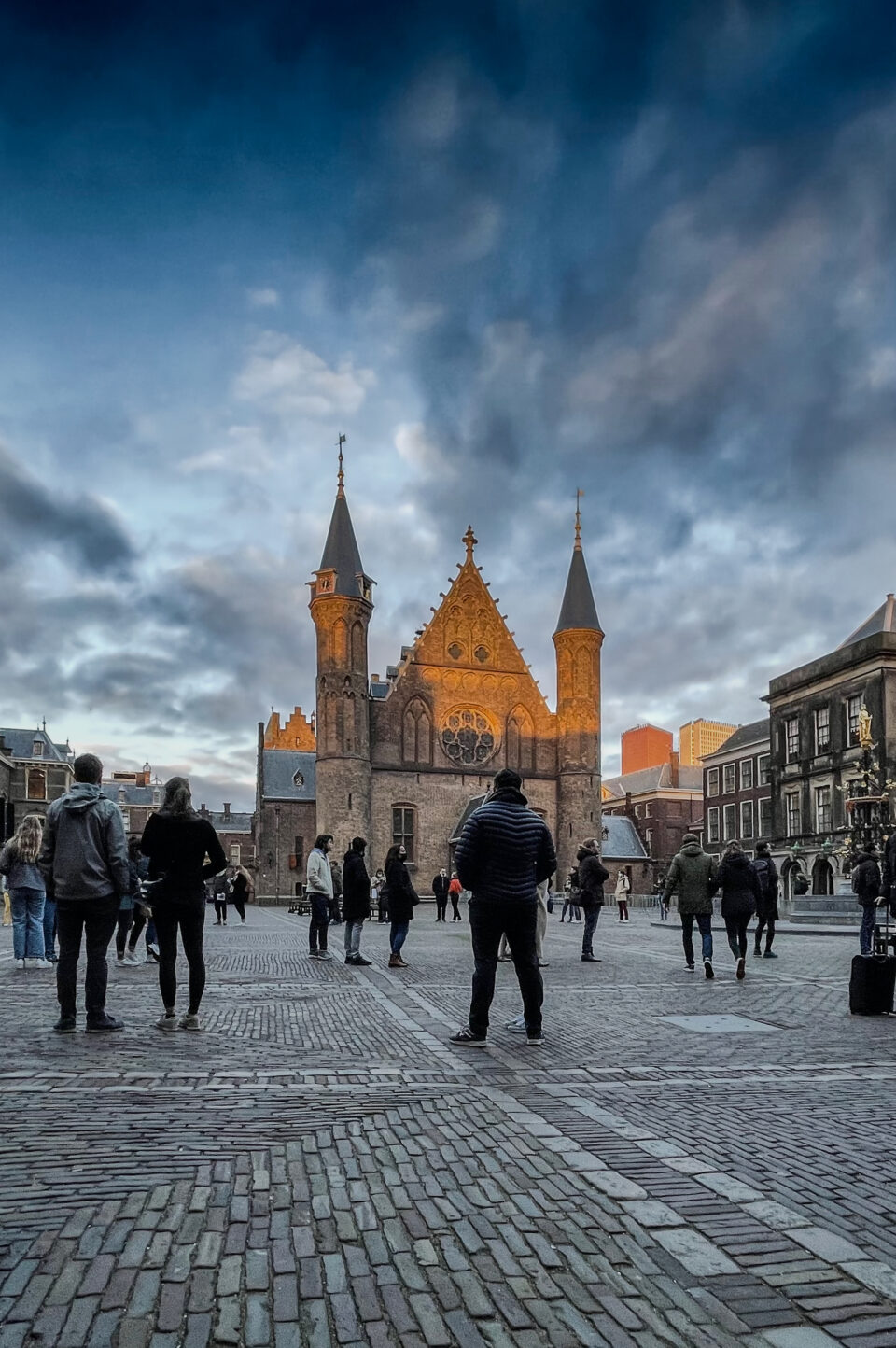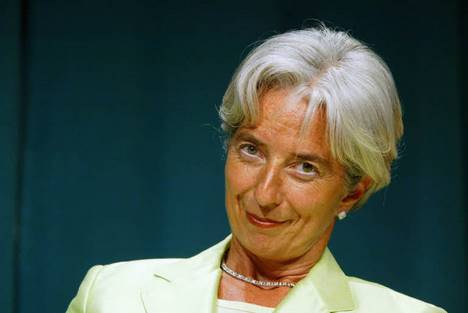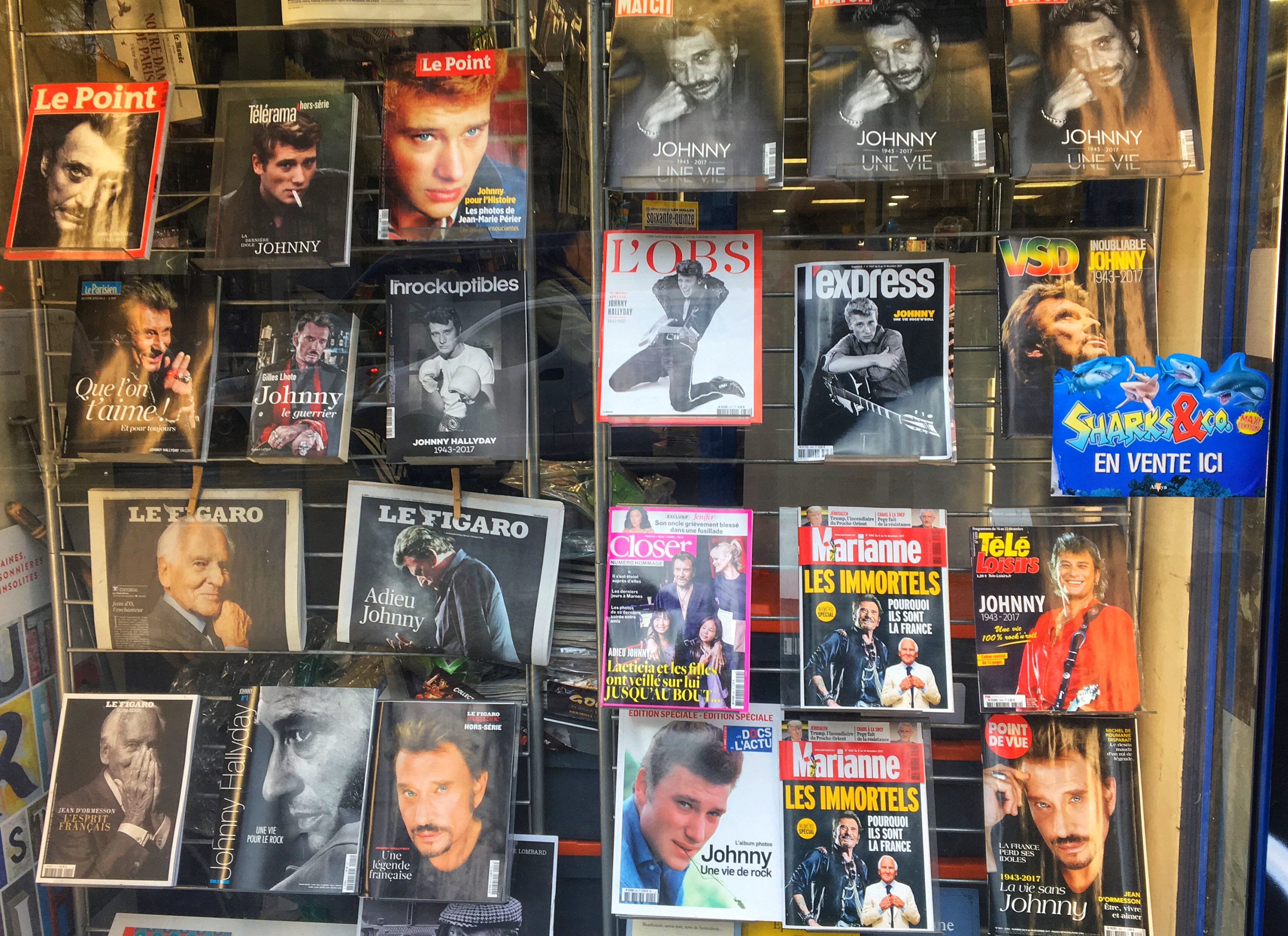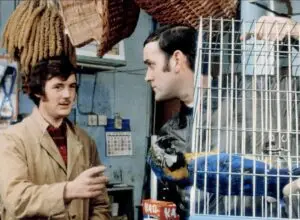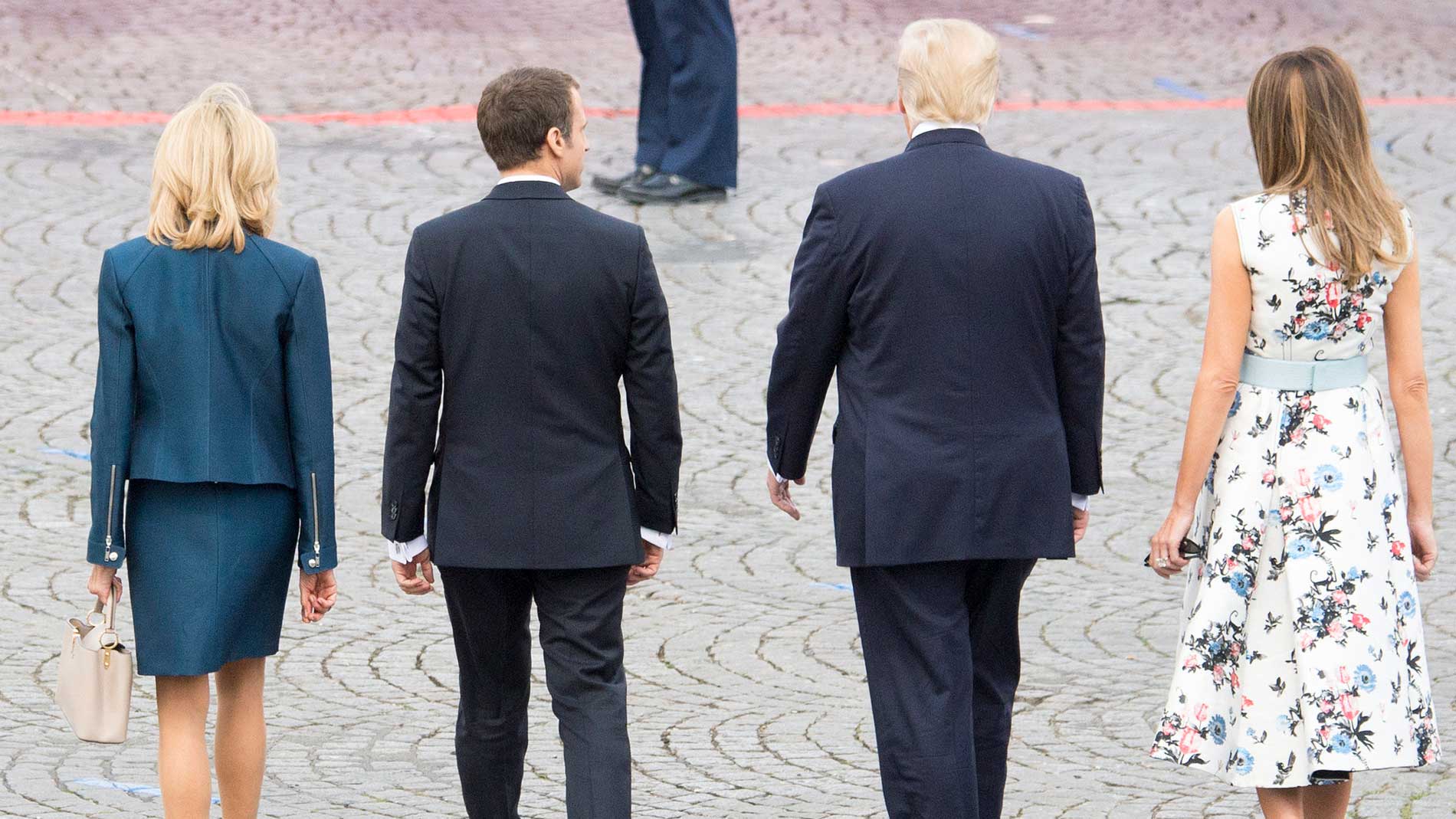A decade ago, I visited Schengen, the picturesque village on the Moselle where the borders of Benelux, Germany, and France converge. It was a bright spring day, and the first leaves were cautiously emerging on the vineyard vines covering the surrounding slopes. You’d pass this hamlet unnoticed if not for the significance it gained in 1985, when it became the birthplace of a historic ideal. I wanted to see this place with my own eyes.
I vividly remember my conversation with Schengen’s then-mayor, Ben Homan. We spoke in Dutch, as multilingualism is the norm in Luxembourg. He shared an anecdote from a mayors’ conference he had attended in Shanghai. During dinner, he was seated next to his host, the mayor of that vast port city. “How many inhabitants does Schengen have?” asked the Chinese mayor. “Five, six hundred,” Homan replied. “Five, six hundred thousand?” the host responded, bewildered. “No,” Homan smiled, shaking his head, “five, six hundred.” The Chinese mayor couldn’t grasp how such a tiny hamlet could be significant enough that its name would appear in every European airport. Homan laughed at the anecdote, yet he was proud that his small municipality had come to symbolise humanity’s greatest peace project.
On a ship in the river near ‘his’ Schengen, the Benelux countries, France, and Germany signed the eponymous treaty in June 1985. At last, the citizens of these five countries, once arch-enemies, could travel freely and without controls across each other’s borders. It was the crowning achievement of forty years of difficult reconstruction. Beyond the Wall, behind the Iron Curtain—which still existed at the time—such free travel was an unattainable utopia. Yet on that June day, and in the days that followed, there was no trace of the historic signing in the newspapers. Just some mentioned it only in a small note buried on the foreign news page—remarkably enough—while this treaty was actually making foreign borders part of the homeland.
Now, nearly forty years later, that unique treaty seems all but dead. Following Germany (since September) and France (starting this Friday), on December 9, the Netherlands will join a growing list of member states abandoning the ideal of unrestricted travel. It may seem purely symbolic—no country has the capacity to patrol thousands of kilometres effectively. But symbols matter. Under the vague banner of “serious threats to public order and internal security,” the Netherlands, France, and Germany are launching a frontal assault on everything the EU represents. Yes, member states may legally reinstate temporary border controls. But the opportunism of these three countries, along with that of others, goes against the spirit of Schengen and, indeed, the foundation of the European Union itself. Unfortunately, the European Commission, the guardian of the treaties, watches powerlessly. Brussels remains silent, paralysed by fear of the very member states it is supposed to oversee. In this way, the Commission becomes complicit in the dismantling of the Union.
How can Germany, which bears in its recent collective memory the pain of life behind barbed wire and guns, so carelessly sweep away the foundation of the European Union? How can France, with liberté as part of its national advertising slogan, retreat behind a barricade of xenophobia and fear? And how can the Netherlands, which owes its post-war prosperity to open borders and free movement, so easily sell its soul? It is a bitter irony that the very countries that were present at the birth of the European project are now leading the march toward its downfall.
As a European journalist, I have crossed many borders over the years. Early in my career, a border was little more than a signpost, and I came to see how arbitrary lines on a map really are. Now, however, the continent seems ready to return to a time when nationalism and fear of “the other” ruled, forgetting that this fear has, time and again, brought Europe to the brink. How long before the name of this small Luxembourgish village, once synonymous with freedom and unity, vanishes from airport signs altogether?
Mayor Homan passed away last year, his ashes slowly blending with the European soil he cherished. Meanwhile, political ‘leaders’ are working diligently to dismantle the treaty that made his village famous. The dance at the deathbed of the European dream has begun.
This post is also available in:
![]() Nederlands
Nederlands ![]() Français
Français ![]() Español
Español
